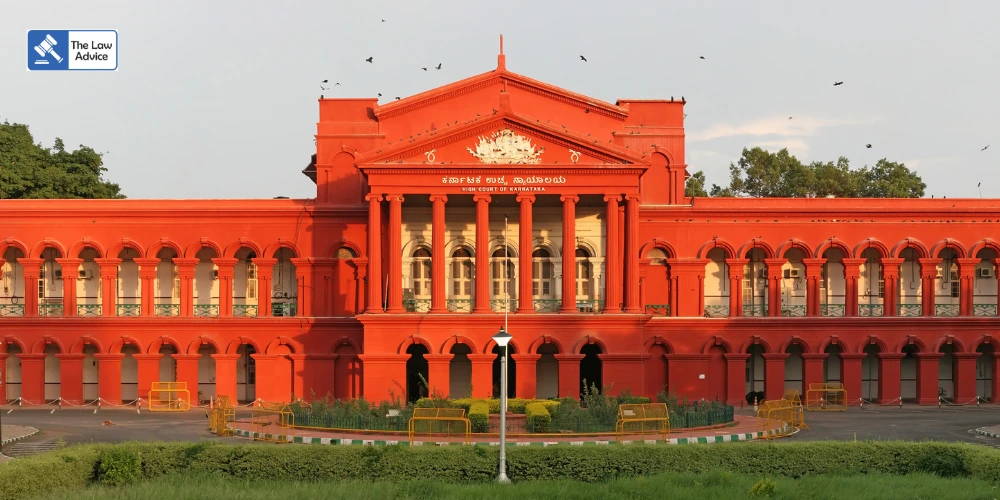
Bengaluru, August 6, 2025:
In a significant judgment concerning criminal procedure and constitutional safeguards, the Karnataka High Court has struck down Rule 2(1)(b) of the Karnataka Criminal Rules of Practice, 1968, which allowed filing of private complaints directly before Sessions Courts in certain cases. The Court held that this provision was ultra vires the Code of Criminal Procedure (CrPC) and posed a serious risk of double jeopardy and procedural irregularity.
A division bench comprising Justice Krishna S Dixit and Justice Ramachandra D Huddar delivered the verdict while allowing a writ petition that challenged the legality and constitutional validity of the said rule.
The Court observed that the scheme of the CrPC mandates that criminal trials, particularly based on private complaints, must begin in Magistrate courts unless expressly provided otherwise. The impugned rule created a parallel procedural pathway, allowing complainants to bypass the magistrate system altogether and directly invoke the jurisdiction of Sessions Courts, which are appellate or higher trial courts under the statutory framework.
“The Sessions Court is not a court of original jurisdiction in cases initiated through private complaints under normal circumstances,” the Bench remarked. “Allowing such direct filings distorts the criminal justice hierarchy and invites the risk of multiple trials on overlapping facts.”
A core concern expressed by the High Court was that such a rule, if allowed to operate, could lead to double jeopardy—a situation where an accused may be prosecuted more than once for the same offence, in contravention of Article 20(2) of the Constitution and principles under Section 300 of CrPC.
The Court emphasized that any procedure not backed by the parent statute (CrPC) but introduced through State rules cannot override or bypass the statutory and constitutional framework. Such procedural innovation, the Bench observed, undermines the accused’s right to a fair trial guaranteed under Article 21 of the Constitution.
The High Court held that the Karnataka State Rule was in conflict with the CrPC, a central legislation, and hence must give way. The Court reiterated that the rule-making power of a State under Article 227 or local rules of practice must operate within the limits prescribed by central laws.
As a result, Rule 2(1)(b) of the Karnataka Criminal Rules of Practice, 1968 was declared unconstitutional and struck down with immediate effect.
Website designed, developed and maintained by webexy